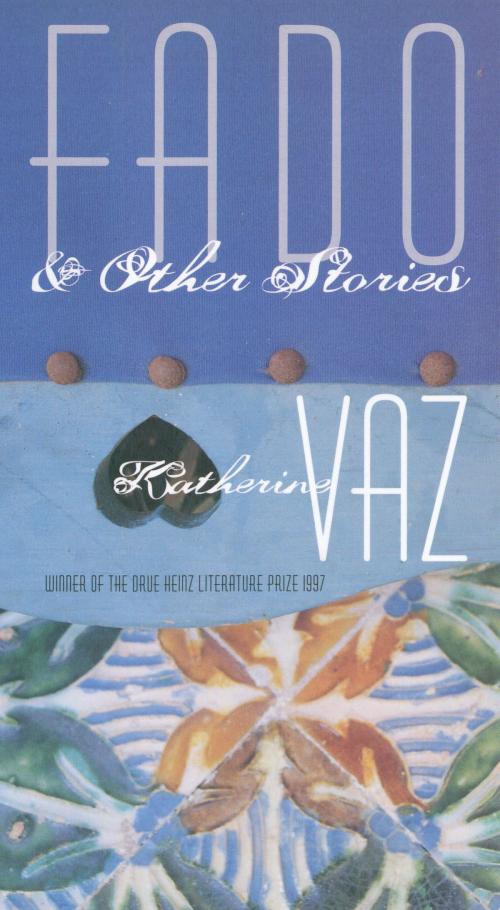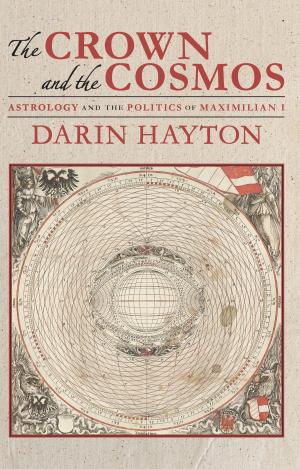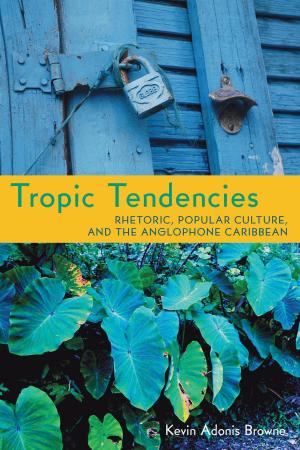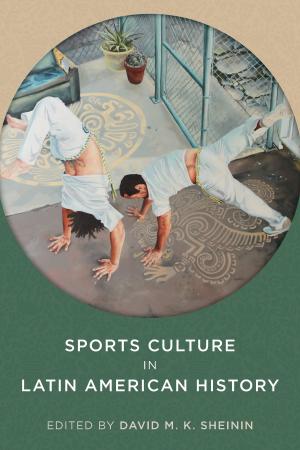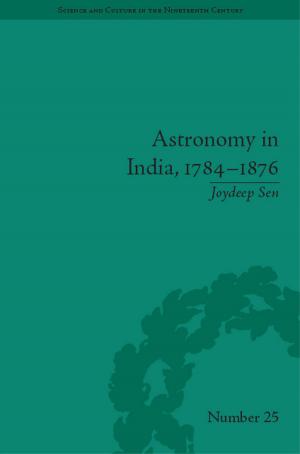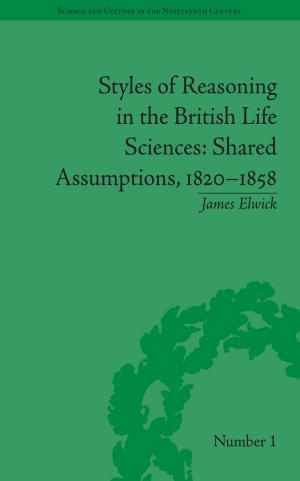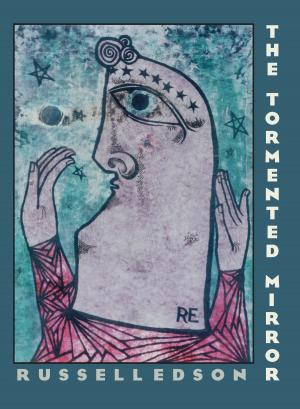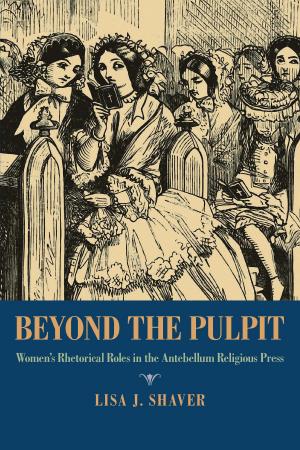| Author: | Katherine Vaz | ISBN: | 9780822978848 |
| Publisher: | University of Pittsburgh Press | Publication: | October 15, 1997 |
| Imprint: | University of Pittsburgh Press | Language: | English |
| Author: | Katherine Vaz |
| ISBN: | 9780822978848 |
| Publisher: | University of Pittsburgh Press |
| Publication: | October 15, 1997 |
| Imprint: | University of Pittsburgh Press |
| Language: | English |
Winner of the 1997 Drue Heinz Literature Prize
This collection is filled with narrative and character grounded in the meaning and value the earth gives to human existence. In one story, a woman sleeps with the village priest, trying to gain back the land the church took from her family; in another, relatives in the Azores fight over a plot of land owned by their expatriate American cousin. Even apparently small images are cast in terms of the earth: Milton, one narrator explains, has made apples the object of a misunderstanding by naming them as Eden’s fruit: “In the Bible, no fruit is named in the Garden of Eden - and to this day apples are misunderstood. They were trying to tempt people not into sin but into listening to the earth more closely. . . . their white meal runs wet with the knowledge of the language of the land, but people do not listen.”
Vaz’s beautiful, intensely conscious language often delicately slips her stories into the realm of the fado, the Portuguese song about fate and longing. “Listen for the nightingale that presses its breast against the thorns of the rose,” on character sings, “that the song might be more beautiful.” Such a verse might describe Vaz’s own motive behind her willingness to confront her subject’s ambiguities and her characters’ conflicts - the simultaneous joy and sorrow of some of life’s discoveries, the pain sometimes hidden within passion and pleasure.
Winner of the 1997 Drue Heinz Literature Prize
This collection is filled with narrative and character grounded in the meaning and value the earth gives to human existence. In one story, a woman sleeps with the village priest, trying to gain back the land the church took from her family; in another, relatives in the Azores fight over a plot of land owned by their expatriate American cousin. Even apparently small images are cast in terms of the earth: Milton, one narrator explains, has made apples the object of a misunderstanding by naming them as Eden’s fruit: “In the Bible, no fruit is named in the Garden of Eden - and to this day apples are misunderstood. They were trying to tempt people not into sin but into listening to the earth more closely. . . . their white meal runs wet with the knowledge of the language of the land, but people do not listen.”
Vaz’s beautiful, intensely conscious language often delicately slips her stories into the realm of the fado, the Portuguese song about fate and longing. “Listen for the nightingale that presses its breast against the thorns of the rose,” on character sings, “that the song might be more beautiful.” Such a verse might describe Vaz’s own motive behind her willingness to confront her subject’s ambiguities and her characters’ conflicts - the simultaneous joy and sorrow of some of life’s discoveries, the pain sometimes hidden within passion and pleasure.
